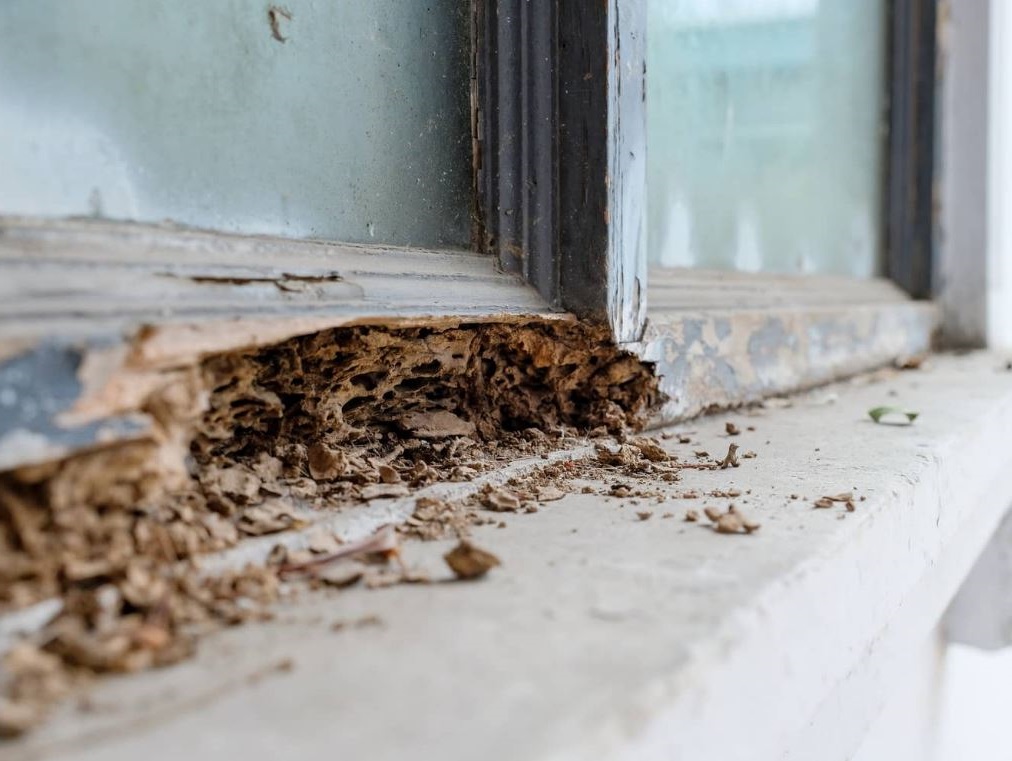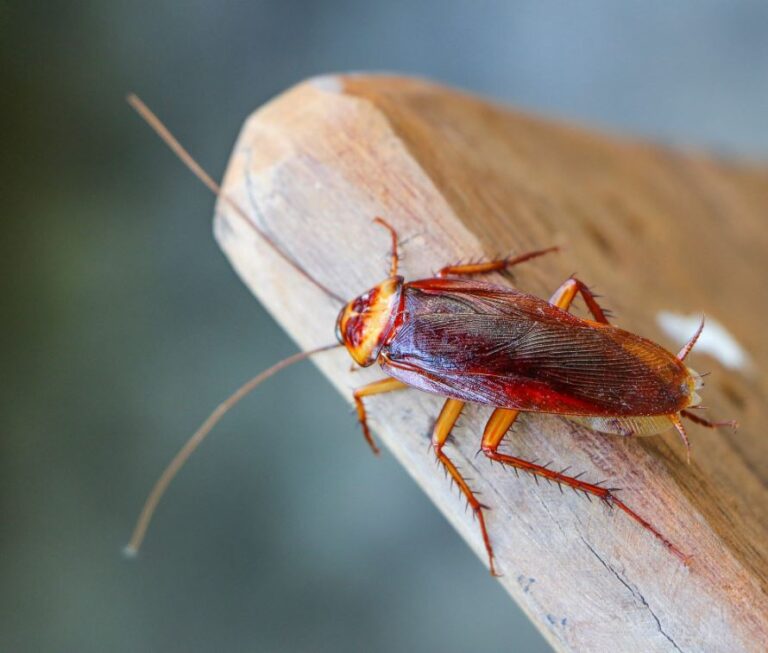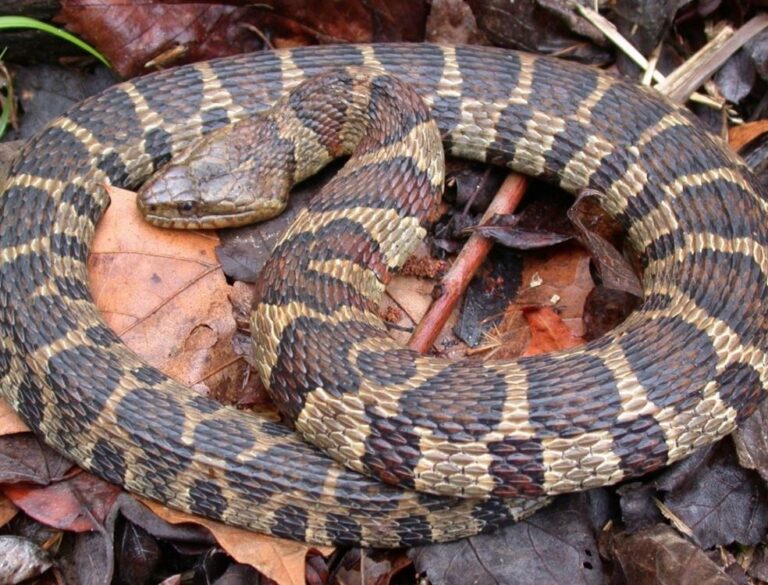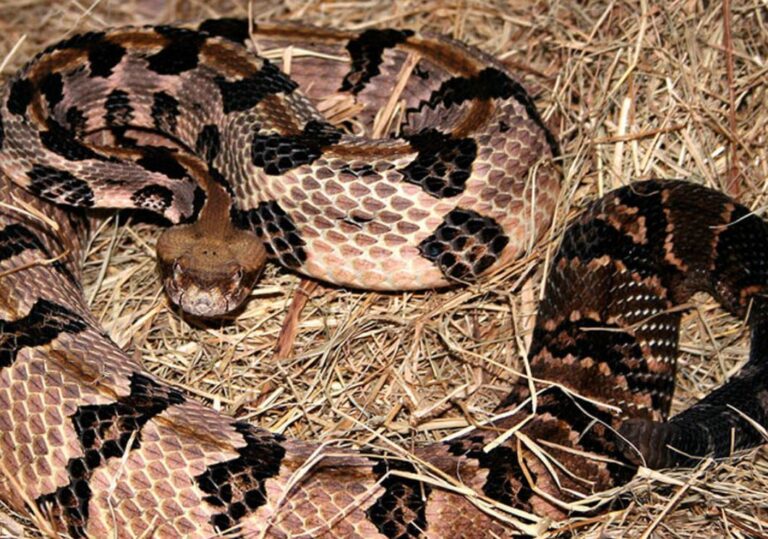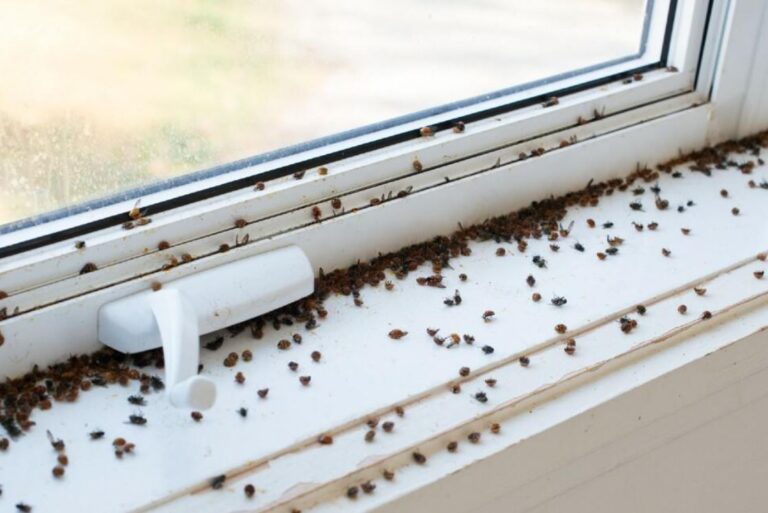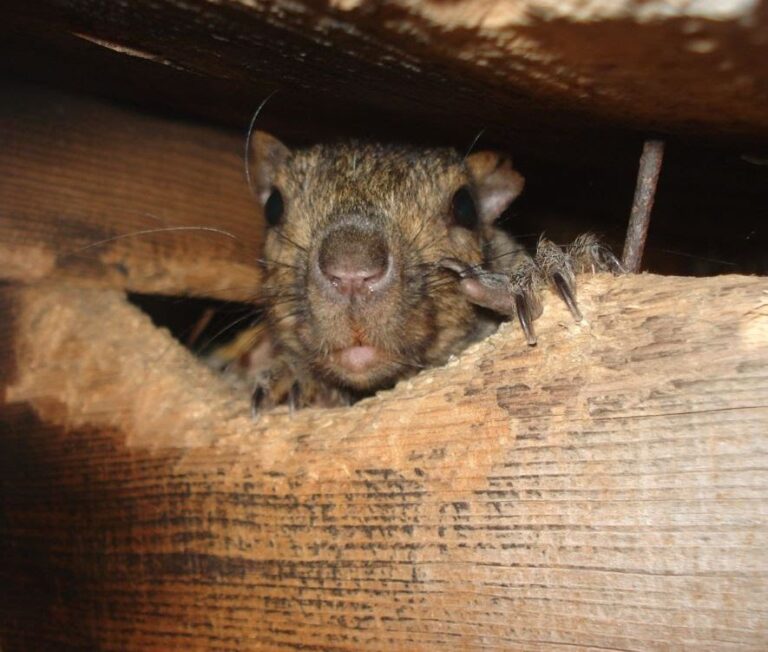Why Do Ants Smell Like Windex? A Pest Expert Guide
Have you ever crushed an ant underfoot and been hit with a surprising, nostril-tingling scent of cleaning products? That sharp, chemical aroma often compared to Windex or blue-ink pens is a common experience, but what’s really causing it? As a pest expert, I can confirm you’re not imagining it. That distinct smell is a key to understanding the hidden world of ant communication and defense.
The Chemical Culprit: It’s Not Windex, It’s Formic Acid
The primary reason many ants smell like a cleaning product is due to a chemical they produce called formic acid (HCOOH). This simple carboxylic acid is a powerful tool in the ant’s arsenal, serving multiple purposes from defense to communication.
Pest Expert Insight: “When you smell that ‘Windex’ odor from an ant, you’re essentially getting a whiff of its chemical defense system. Formic acid is stored in a specialized gland, typically in the abdomen, and can be sprayed or secreted when the ant is threatened. It’s a potent irritant against predators and microbial invaders,” explains Dr. Eleanor Vance, an urban entomologist.
While formic acid is the most common reason, it’s not the only one. The smell can also be a cocktail of other chemicals known as pheromones.
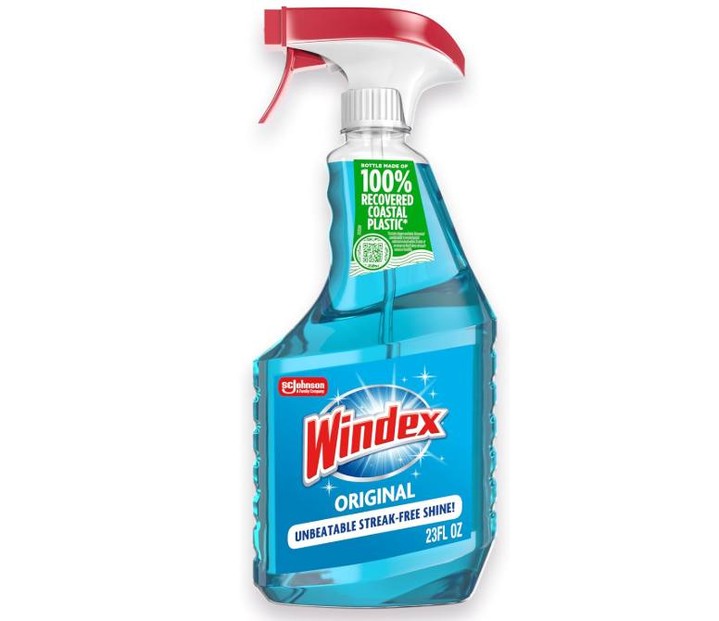
More Than Just a Smell: The Dual Purpose of the Odor
The scent we perceive as “Windex-like” is not a single note but a complex signal within the ant colony.
1. A Chemical Weapon (Defense)
Formic acid is an effective deterrent. For smaller predators like other insects or spiders, a blast of formic acid can be debilitating. For larger creatures (like a curious human), it acts as a warning signal and a mild irritant.
2. A Language of Scents (Communication)
Ants rely heavily on pheromones to navigate their environment. The chemical profile of an ant, including traces of formic acid, can convey information about its colony, caste, and even its health. Crushing an ant releases a concentrated burst of these chemicals, making the smell more noticeable to us.
Not All Ants Smell the Same: A Pest Identifier’s Guide
A key takeaway for any homeowner is that this smell can help with pest identification. Not all ant species produce noticeable amounts of formic acid. Here’s a quick comparison table of common ants and their odors:
| Ant Species | Common Odor When Crushed | Primary Source of Smell | Significance for Homeowners |
|---|---|---|---|
| Odorous House Ant | Strong, rotten coconut | Methyl ketones (in a class with blue cheese) | A common indoor pest; the smell confirms their identity. |
| Carpenter Ant | Slightly acidic, faintly like Windex | Formic Acid & other pheromones | Indicates a potential wood-damaging infestation. |
| Formica Species (e.g., Wood Ants) | Very strong, sharp chemical (Windex) | Formic Acid (in high concentrations) | Less common indoors; often found in gardens and forests. |
| Fire Ant | Virtually odorless | N/A | Identified by their painful sting, not a distinct smell. |
| Pavement Ant | Faint or unnoticeable | Trace pheromones | A common nuisance; odor is not a reliable identifier. |
Why This Matters: Identifying the ant species is the first step in effective control. If you’re consistently smelling that “Windex” odor inside your home, you’re likely dealing with a species that uses formic acid, which can help narrow down your pest control strategy.
What to Do If You Smell Ants in Your Home
That tell-tale scent inside your house is a clear indicator of an active ant trail or nest.
- Follow the Scent (and the Trail): The odor can sometimes lead you to the general area of a nest or a heavy traffic route.
- Locate the Entry Points: Look for cracks in foundations, gaps around windows, or holes around pipes where ants are entering.
- Practice Sanitation: Clean up spills, especially sugary or greasy ones, and store food in airtight containers. Eliminating the food source is critical.
- Use Targeted Baits: For species like the Odorous House Ant, sweet baits are highly effective. The workers carry the poisoned bait back to the nest, eliminating the colony at its source.
Final Expert Quote: “Don’t just spray the ants you see. That ‘Windex’ smell is a signal. It’s nature’s way of telling you that you have a structured, communicating colony nearby. The goal isn’t to kill the foragers, but to destroy the heart of the colony—the queen. That’s how you achieve long-term control,” advises Dr. Vance.
The Bottom Line
So, the next time you catch a whiff of Windex from a tiny insect, you’ll know the fascinating truth. You’re not smelling a clean home, but rather the complex chemical signature of a highly organized society. It’s a potent mix of weaponry and language, all contained within an ant’s body. Recognizing this smell is more than a curiosity; it’s a practical tool for identifying and understanding the pests sharing your space.

